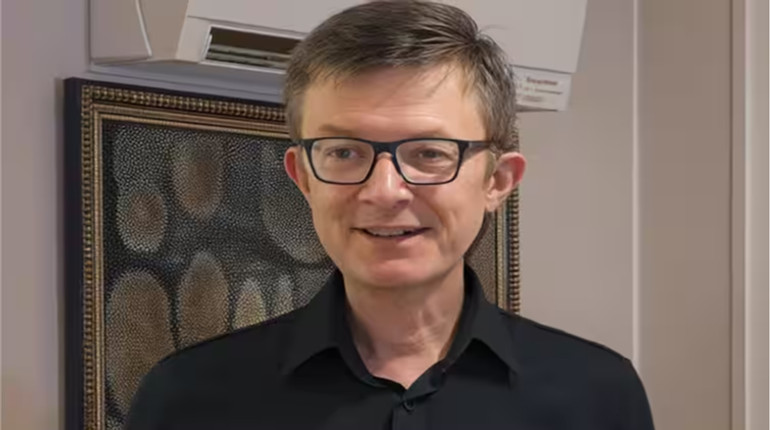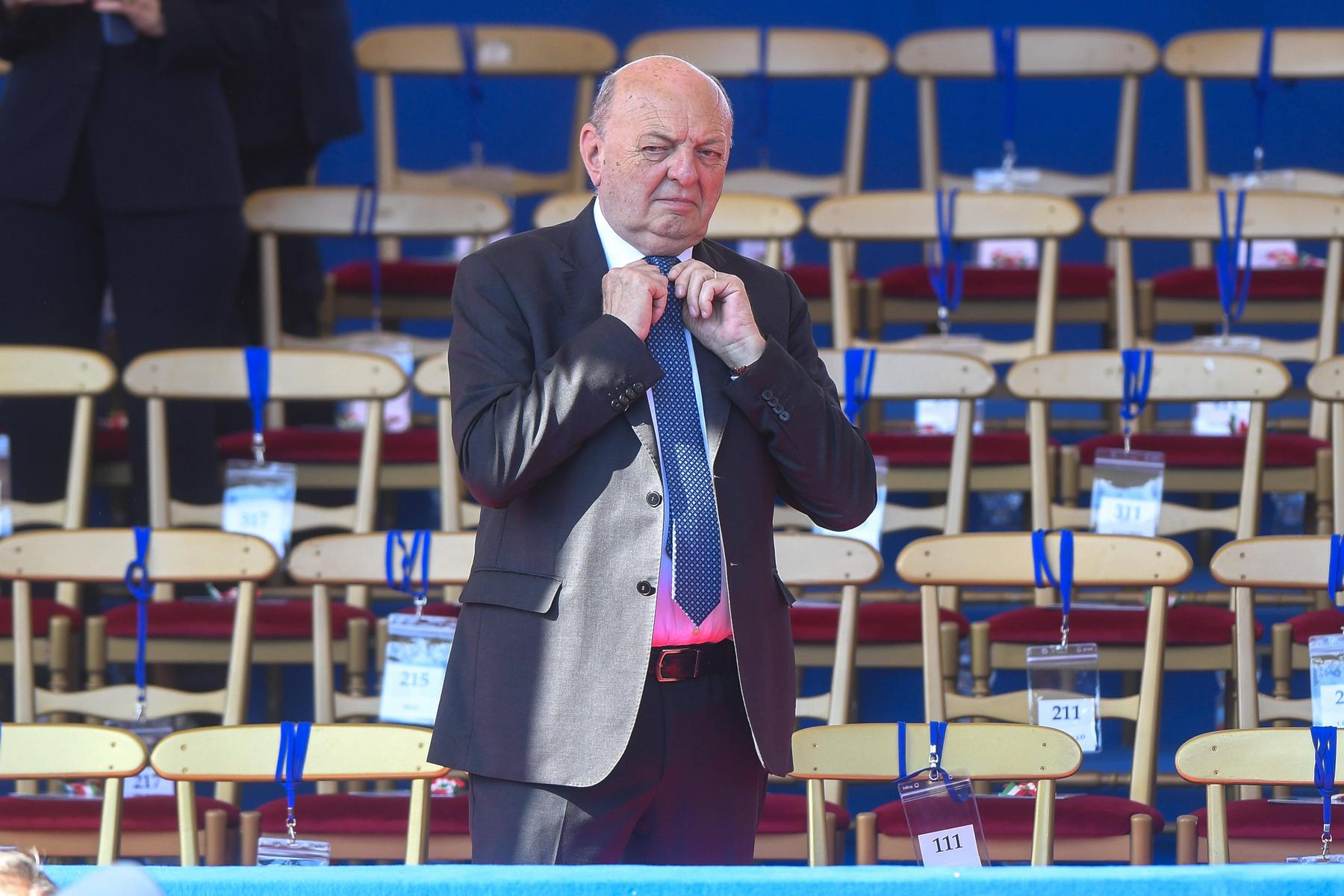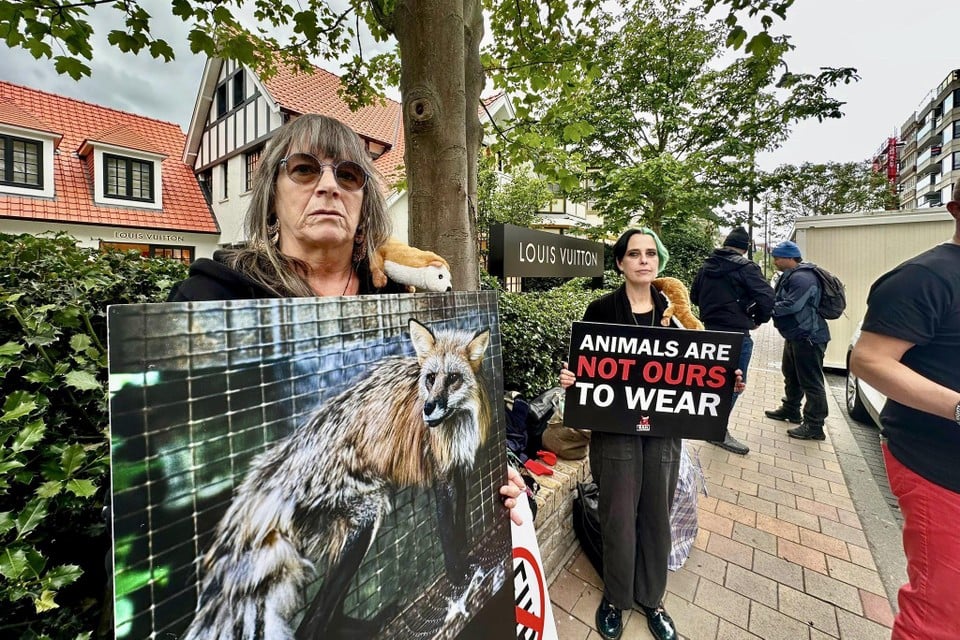Criticism of the Social Democratic Falling Tax – Criticism

Former Environment Minister, Liberal Simon Gentvilas, and former committee head, conservative Aistė Gedvilienė, question the expediency of such a tax. According to them, clear cuttings are very common, as the low « ceiling » for such felling areas will not be the reason why clear cuttings could be abandoned.
So far, the amendments to this fee have not been prepared and the possibility of imposing it is proposed to evaluate the Ministry of the Environment.
L. Jonauskas: A fee will encourage sustainable use of forests
According to L. Jonauskas, such a fee could reach 1-2 percent. income that would come from clear cuttings. Both private and public forest owners should pay the fee.
« This means that all forest owners will have to pay a little more if they want to cross the forests in a clear way than in the usual crossing. If we encourage farming in the woods more sustainable, it will only benefit, and if anyone wants to get out, they will have to pay more taxes, » the author told BNS.
Linas Jonauskas. Ž. Photo by Gedvila / BNS
According to L. Jonauskas, this fee could be avoided if the owner decides not to use clear cuttings, which, according to the politician, cause damage to the environment.
« The main damage is caused by clear felling. There is a drastic change in ecosystems, rare species decline, soil degradation, deletion of the floor, MP.
L. Jonauskas is convinced that the extent of the decrease in clear felling would be revealed when the tax rate would be known, which would make the final decision by the Seimas.
« If there is a symbolic (tariff – BNS), they will encourage people to think before crossing, but if it is 5 %, they will not only encourage you to think, but also calculate how much they would cost them in one way or another in the forest, » said L. Jonauskas.
The main damage causes after a clear cut.
The brilliant fellings are crossed by mature and overburdened stands, as well as poor sanitary status or reconstructed stands. L. Jonauskas says that the fee he offers would be released when the clear cuttings were inevitable.
Opposition: Fee will not bring
Conservative Aistė Gedvilienė told BNS that such a fee could be collected too little income that could be directed to defense. She also doubts whether the fee would encourage the protection of forests.
« The percentage or three percent will not be a decisive factor in a person to make a decision, to cross or not to cut it, » the parliamentarian said.
Mr Gentvilas says that such a tax would limit forest felling not by environmental requirements, but by insurance, although the number of forests in the country is increasing, the sector does not receive European support.
According to him, the forests are now very well maintained in Lithuania: « Every tenth place is related to wood, every 11th GDP euro-from the wood sector. »
According to S. Gentvilas, now I am considered to be cutting with 10 acres, one hectare in Poland.
« We are very common in the brillian cuttings because they are counted from the low cartel, » Gentvilas said.
According to him, Lithuania is the only one in Europe to have a forest turnover, the so -called « Salamakin tax » (former parliamentarian Social Democrat Algimantas Salamakinas, who headed the Seimas Environmental Protection Committee – BNS).
Nowadays, private forest owners have been valid for the so-called 5 % since 2015. wood turnover fee, and wood from state forest enterprises is calculated by 15 percent. fee.
According to Mr Gentville, now 1 % of forests are harvested every year. – twice as much as in Latvia – and that area is replanted.
According to the State Forest Service, forest land in Lithuania is 2.21 million. hectares. The country’s forestry currently accounts for 33.9 percent.








